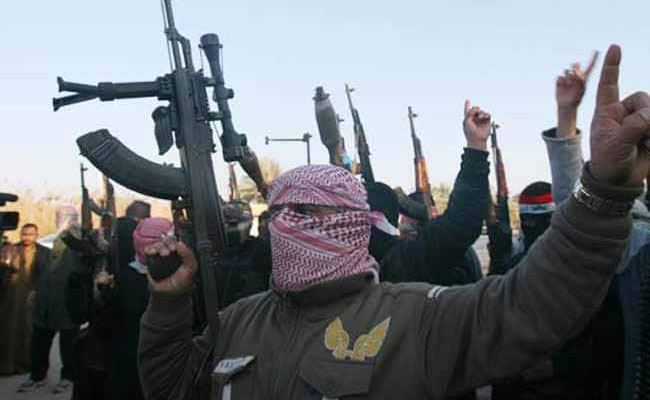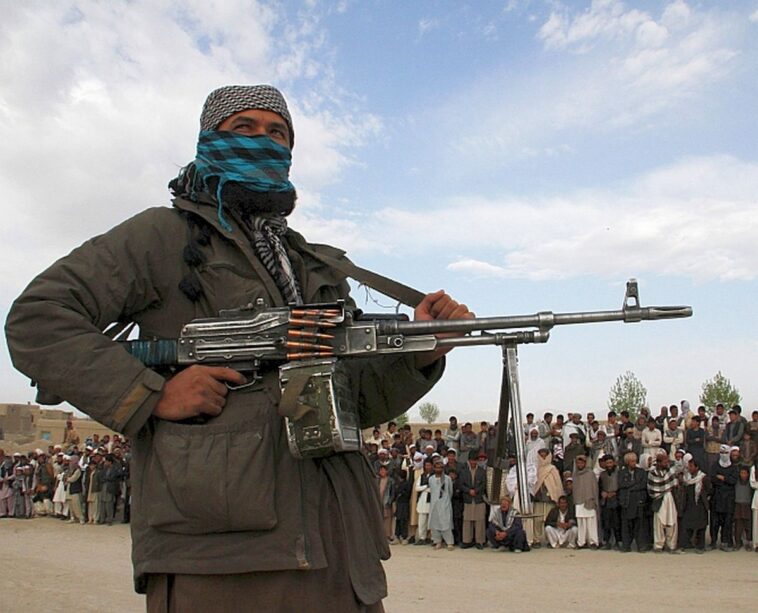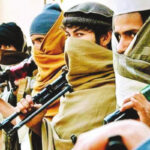Pakistan’s pledge to dismantle all terrorist organisations without delay or discrimination has made minimal progress. In 2021, the nation experienced significant terrorist activity. According to the US Bureau of Counterterrorism’s ‘Country Reports on Terrorism 2021: Pakistan’, the number of attacks and casualties in 2021 was greater than in 2020.
According to a report by the US Bureau of Counterterrorism, the Tehreek-e-Taliban Pakistan (TTP), the Balochistan Liberation Army (BLA), and ISIS-K were among the most active terrorist organisations in Pakistan.
The report stated, “Pakistan reviewed and revised its 2015 National Action Plan (NAP) to counter terrorism, reducing the NAP from 20 points to 14 key points, but made minimal progress on the most difficult aspects, namely its pledge to dismantle all terrorist organisations without delay or discrimination.”
Separatist militant groups conducted terrorist attacks against diverse targets in Balochistan and Sindh provinces of Pakistan. The militants employed a variety of methods, including IEDs, VBIEDs, suicide bombings, and targeted assassinations, to attack diverse targets.
Under the International Religious Freedom Act of 1998, Pakistan was designated a Country of Particular Concern (CPC) in 2018. In 2019, 2020, and 2021, it was redesignated as a CPC.
In 2018, FATF identified Pakistan as a country with strategic AML/CFT system deficiencies. In 2021, Pakistan remained on the FATF grey list.
)
In Pakistan, religious minorities confronted significant threats from terrorist groups in 2021. On January 3, ISIS-K militants claimed responsibility for the deaths of eleven Shia Hazara coal miners in the Balochistan district of Kachi. On April 21, a VBIED suicide attack occurred in the parking lot of the Serena hotel in Quetta, Balochistan, killing five people. The investigation revealed that the assault targeted both local and foreign officials. According to the Bureau of Counterterrorism’s report on terrorism in Pakistan, TTP claimed responsibility for the attack and stated that the targets were police and law enforcement. A prominent Pakistani journalist was murdered in an explosion in Hub, Baluchistan, on 10 October 2021. The device, according to law enforcement, was affixed to his vehicle. The BLA has taken credit for the attack.
On December 30, assailants ambushed North Waziristan security officials. In the subsequent gunfight, four security personnel were slain. The TTP has claimed responsibility for the incident.
According to the ‘Country Reports on Terrorism 2021: Pakistan’, the Pakistani government continued to implement the Antiterrorism Act of 1997, the National Counterterrorism Authority Act, the 2014 Investigation for Fair Trial Act, and major 2014 and 2020 amendments to the Antiterrorism Act, all of which provide law enforcement, prosecutors, and courts with expanded authority in terrorism cases.
Throughout Pakistan, military, paramilitary, and civilian security forces conducted CT operations against anti-state militants. According to the official report, Pakistani law permits preventive detention, authorises the death penalty for terrorism offences, and establishes specialised courts to hear terrorism cases.
Also read: UIDAI Introduces Artificial Intelligence-Based Fingerprint Authentication for Aadhaar
Some madrassas in Pakistan were teaching the extremist doctrine. According to the official report, many madrassas failed to register with the government, provide documentation of their funding sources, or comply with laws governing the admission of foreign students, despite the government’s efforts to increase madrassa regulation. (ANI)




